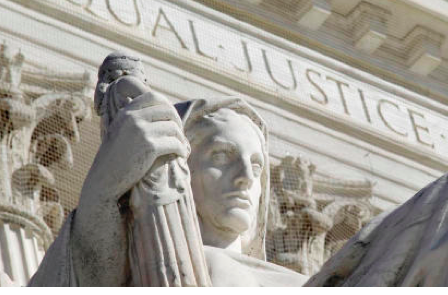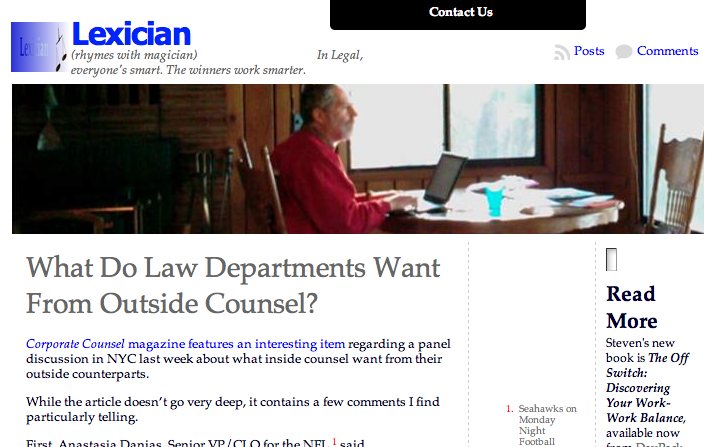via The Problem With Pleas | Criminal Justice | FRONTLINE | PBS.
The Problem With Pleas
The Sixth Amendment to the U.S. Constitution guarantees the right to a fair trial. But how do you evaluate fairness when more than 90 percent of criminal cases never even make it in front of a judge or jury?
The Supreme Court is hearing arguments today on whether two defendants who did not take plea deals were denied effective counsel, but as NPR’s Nina Totenberg explains, if the court comes to this conclusion, it also has to decide what to do about it:
Should the defendant have a second chance at the plea offer? Do courts have the power to order that sort of remedy? Or should the defendant be restored to his original place in the system, before a trial and before a plea offer was made?
Our 2004 film The Plea tells the story of how pervasive plea deals are, and how they’re often misused. While proponents say the agreements give defendants options, plea bargaining is more often than not used to save money and time. The criminal justice system would likely collapse if every case went in front of a judge and/or jury.
But critics argue that the push to resolve cases through plea bargains jeopardizes the constitutional rights of defendants, who may be pressured to admit guilt whether they are guilty or not.
One example is Erma Faye Stewart, who was arrested along with 26 others after an informant tipped off the police to an alleged drug ring. Stewart told her court-appointed lawyer she was innocent, but with two young children at home, she took her lawyer’s advice to plead guilty to delivery of a controlled substance of more than four grams in a drug-free zone. She was sentenced to 10 years probation and was required to pay $1,800 in fines and report to her parole officer monthly.
Then, during the trial of one of the accused, it was discovered that the informant had lied about everything. All other cases were dismissed — but Stewart and the other seven people who pleaded guilty were left with charges on their record. Over the years, this meant that Stewart was ineligible for food stamps and federal education assistance. She was essentially left destitute.
The problem isn’t just bad advice from defense attorneys. Prosecutors now hold the cards when it comes to leveraging punishment, according to a recent New York Times investigation. The reporters found that mandatory sentencing laws have made the question of actual innocence or guilt almost irrelevant; rather, it’s a question of whether to risk facing a judge or jury.
Update [March 22, 2012]: In two landmark rulings, the U.S. Supreme Court found that the Sixth Amendment’s guarantee to a fair trial and adequate counsel extends to plea bargains.
“Criminal justice today is for the most part a system of pleas, not a system of trials,” Justice Anthony M. Kennedy is quoted as writing for the 5-4 majority. “The right to adequate assistance of counsel cannot be defined or enforced without taking account of the central role plea bargaining takes in securing convictions and determining sentences.”
Bonus: Read the stories of three others from our film who were forced to confront plea bargains: Patsy Kelly Jarrett, Charles Gampero Jr. and



